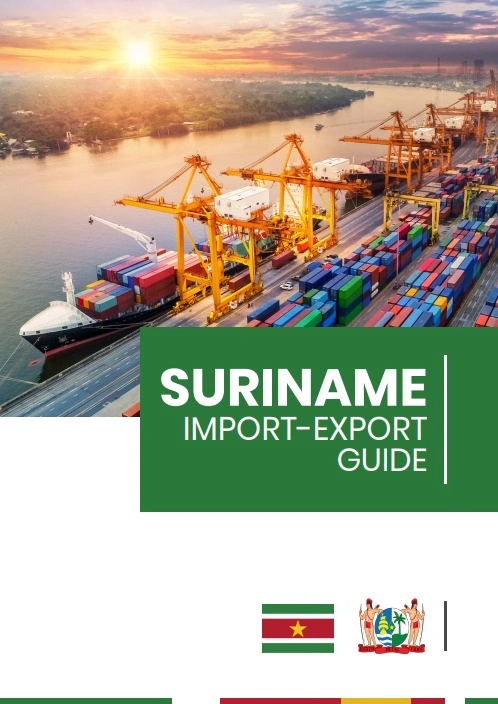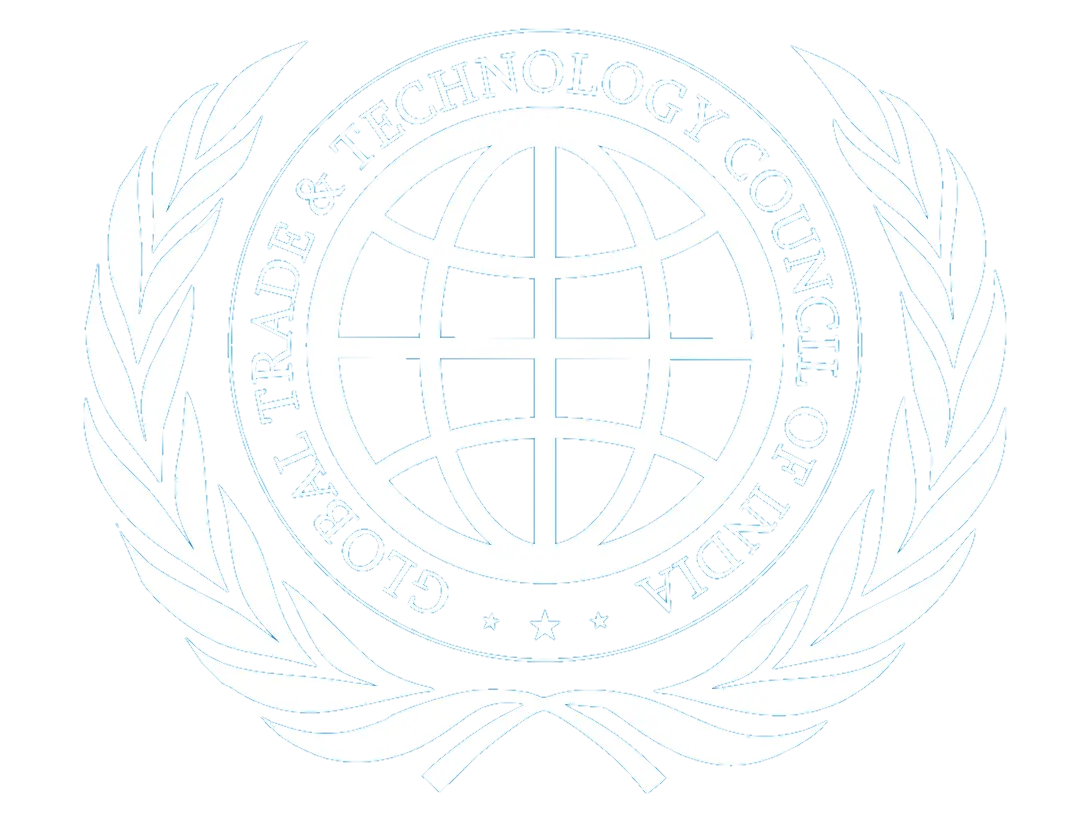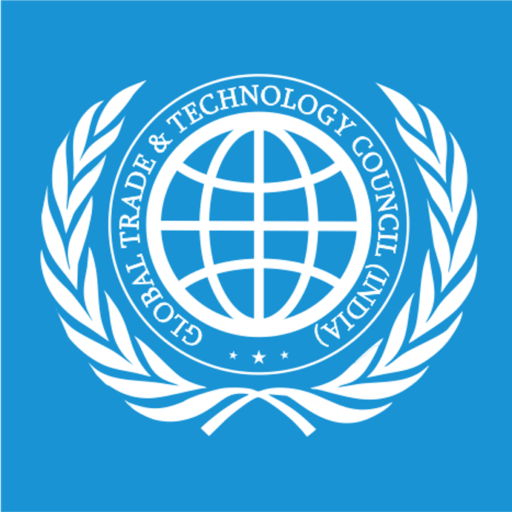
Building Bridges in Global Trade
Suriname is emerging as a promising trade partner in the Caribbean and South American region. The recently released Suriname Import-Export Guide, compiled by various Surinamese government representatives, serves as a strategic roadmap for businesses looking to engage with this resource-rich nation. It presents a transparent and structured approach to trade, aligning with Suriname’s broader goals of boosting local production, streamlining procedures, and promoting international collaboration.
Suriname’s Push for Trade Transparency
Suriname’s trade environment is transforming through improved transparency and accessibility. The launch of the Suriname Electronic Single Window (SESW) system has been a game-changer, allowing businesses and government entities to digitally manage import/export documentation. This system improves processing speed, reduces paperwork, cuts costs, and enhances compliance—making it significantly easier for Indian companies to explore bilateral trade with Suriname.
Key Trade Processes: Import and Export Simplified
The guide outlines the critical requirements for conducting trade in Suriname. Whether for export or import, all traders must register with the Chamber of Commerce and Industry (KKF), the Customs Authority, and the Directorate of Taxes. Specific licenses, permits (H-03), and certificates—such as phytosanitary or veterinary health approvals—are mandatory for regulated goods. Suriname follows international frameworks like the WTO’s Trade Facilitation Agreement (TFA), the IPPC, and Codex Alimentarius standards, ensuring compatibility with global trade norms.
Sectoral Opportunities for Indian Businesses
GTTCI notes significant opportunities for Indian enterprises in Suriname’s agriculture, fisheries, livestock, health, and renewable energy sectors. Suriname’s rich biodiversity and commitment to sustainable trade practices provide fertile ground for joint ventures in agro-processing, veterinary services, organic farming, and food safety certification.
Fruits, vegetables, and plants must comply with strict phytosanitary rules, including GAP certification and traceability systems.
Livestock and animal products require veterinary permits, compliance with zoonosis prevention, and health certifications.
Fishery products must be processed by VKI-approved facilities and meet EU and FDA guidelines.
The GTTCI Outlook: A Platform for Bilateral Growth
GTTCI sees Suriname as a gateway for India to enhance its trade footprint in the CARICOM region. The trade guide not only reflects a maturing business climate in Suriname but also resonates with India’s goals of expanding South-South cooperation and tapping into non-traditional markets.
For Indian MSMEs, agro-tech firms, logistics providers, and exporters, Suriname offers a structured, transparent, and promising environment. With GTTCI’s facilitation and the support of Suriname’s updated trade infrastructure, businesses can expect smoother processes, reduced compliance burdens, and better cross-border trade outcomes.
Looking Forward
As GTTCI continues to promote sustainable and strategic trade relationships, Suriname’s import-export ecosystem emerges as a model of organized transformation. This guide is not just a procedural manual—it is an invitation for Indian businesses to explore a dynamic and supportive trade partner in the heart of the Americas.

